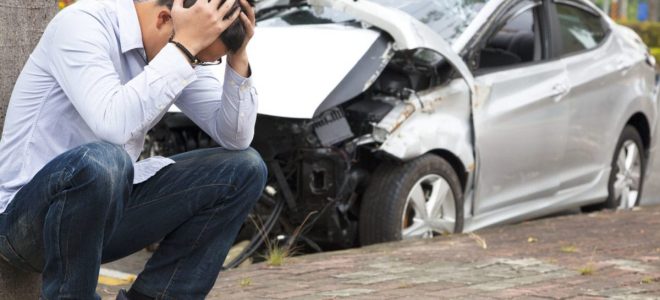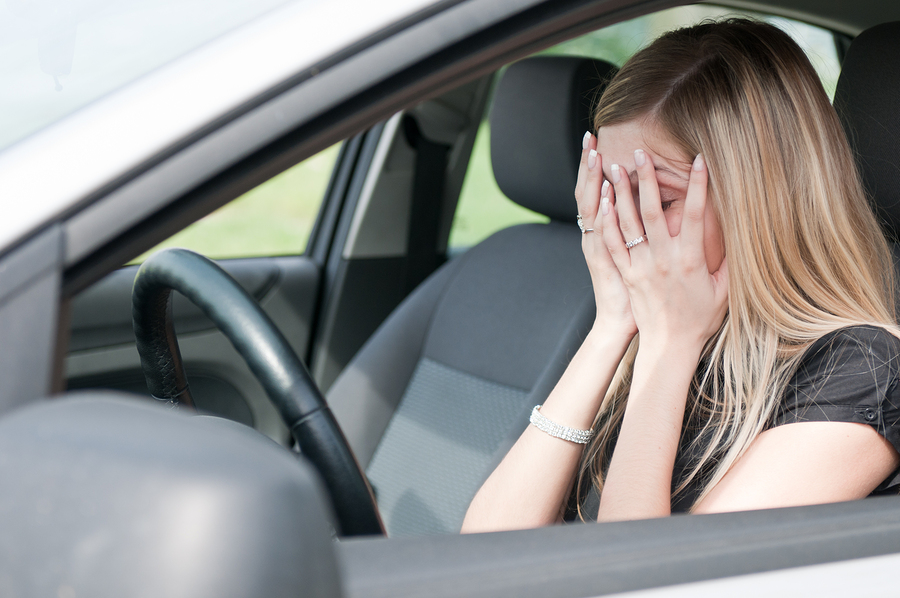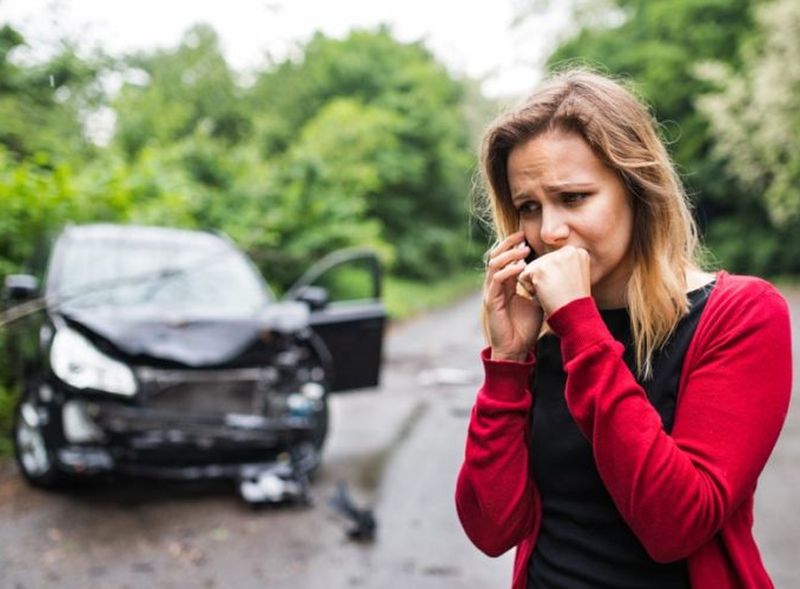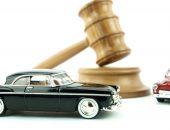
If you have been in a serious car accident, you are at risk for developing PTSD or post-traumatic stress disorder. Research shows that about 12% of the general population who have been in a more serious car accident have developed PTSD. That number may be significantly higher for people who have been in a seek mental health treatment and a car accident, with an average of 50% diagnosed with PTSD.
This especially happens when a car accident involves significant injuries or a high-speed impact. To better understand the possibility of PTSD from car accidents, we need to understand what PTSD exactly is, its symptoms and treatment.
What is PTSD?
PTSD or Post-traumatic stress disorder is a psychological condition that can affect people who have been through seriously traumatic experiences. The condition may have been first explained and identified as “shell shock”, which was associated with soldiers returning home from the first World War, but today the APS or American Psychiatric Association has identified PTSD in its DSM or Diagnostic and Statistical Manual of Mental Disorders.
The common thread through all cases of PTSD is that the victim has witnessed or suffered a stressful, fear-inducing or traumatic incident. PTSD is a pathological anxiety disorder that basically happens when the brain is unable to analyze a situation properly and activates the fight-or-flight reactions and does not have the ability to properly turn it off. These reactions can be life-saving during a dangerous event, but they could be very devastating in other situations where there is no risk at all.

Img source: dolmanlaw.com
PTSD Symptoms
Symptoms may vary in terms of how they come to the surface, there are four primary types of symptoms:
- Numbing – the victim keep a strong emotional distance from the world and people around them; experiences feelings of hopelessness, feelings of depression, and an inability to feel emotions
- Intrusion – the victim continuously experiences recollections of the event.
- Arousal – constant alertness, which can include paranoia, sleep disturbance, inability to focus and hyper-vigilance.
- Avoidance – this symptom can include avoidance of places, people or other circumstances that can be associated with the trauma; man includes the development of anxiety, panic, and social phobias.
One of the biggest problems about trying to identify PTSD is that it arises in a lot of different ways for different people
If you have recently been in a car accident and you suspect that you may be suffering from PTSD, you should consider getting a PTSD compensation. You can find out more here.
PTSD and Car accidents

Img source: dolmanlaw.com
According to the APA (American Psychological Association), car accidents have been proved to be the leading cause of PTSD among the general population. The U.S. Department of Veterans Affairs estimates that about 12 percent of people who have experienced a high-speed impact car accident develop PTSD.
Treatment of PTSD after a car accident
Treatment of PTSD after a car accident can be as individual as its victims. Some people respond pretty good to talk therapy, while others to medication and some a combination fo both. Some methods of treatment may involve “immersion” or simply put, confrontation of the situations or behaviors that the PTSD sufferer has been continuously avoiding. Whatever type of treatment it takes, PTSD is not a simple issue that has a quick or easy solution.



